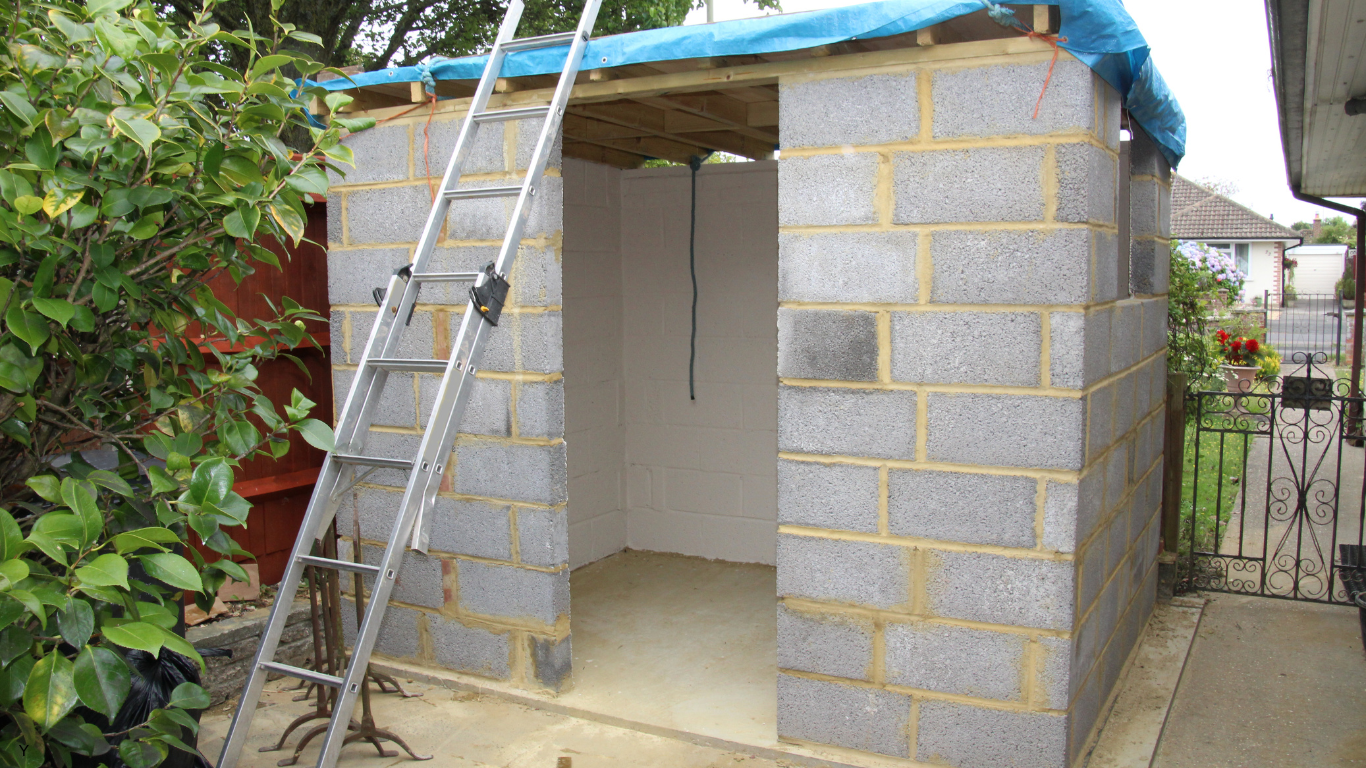Recent Court Decision Confirms Measure of Damages in Construction Cases and Awards Homeowner $40,850 Over Failure to Pull Proper Permits
Cano, Inc. v. Judet, arose from a contract between a homeowner and a general contractor to perform repairs to the homeowner’s residence after it was struck by lightning. The contract between the parties was for $300,000.00, with payments to be made in $30,000.00 increments. After the homeowner had made $90,000.00 in payments, he discovered that the contractor had not obtained electrical or plumbing permits for the work and terminated the contractor from the project.
In response the contractor filed a construction lien for $40,000.00, which it claimed was due. The contractor then filed suit to foreclose the lien, and for breach of contract and unjust enrichment. The homeowner filed a counterclaim for breach of contract, and sought to discharge the lien, reimbursement for all funds paid for unpermitted work, and restitution for amounts paid in excess of the value of the work performed by the contractor.
At trial, the homeowner presented credible expert testimony that the value of the work performed by the contractor was $49,150.00. The homeowner’s expert also testified that his company completed the project for the homeowner at a cost of $160,000.00. While the court does not state what the contractor’s expert testified to, it does not that the trial court found his testimony less credible because the homeowner’s expert knew more about the values of work in the community where the house was located.
Following trial, the court entered judgment in favor of the homeowner in the amount of $40,850.00. This amount was the difference between what the contractor had been paid thus far ($90,000.00) and the amount the homeowner’s expert testified to was the value of the work performed ($49,150.00). The contractor appealed, arguing that the trial court had used the wrong measure of damages in awarding the homeowner $40,850.00.
On appeal, the Fourth District Court of Appeal examined two different measures of damages to be used in construction contract disputes. The first measure of damages is described by the Florida Supreme Court as follows:
Where a contractor breaches a construction contract, and the owner sues for breach of contract and the cost to complete, the measure of damages is the difference between the contract price and the reasonable cost to perform the contract.
By way of example, if a contractor has a contract to perform work for $100,000.00, and breaches, and it ultimately costs the owner $110,000.00 to finish the work, then the damages to the owner would be $10,000.00. In this case, had the homeowner sought these damages, it would not have received anything, because the original contract was for $300,000.00, and the total the homeowner spent between the original and new contractors was only $250,000.00 ($90,000.00 + $160,000.00).
However, the second measure of damages recognized by the Florida Supreme Court is described as follows:
But where there is a total breach of the contract as opposed to a partial breach, an injured party may elect to treat the contract as void and seek damages that will restore him to the position that he was in prior to entering into the contract or the party may seek the benefit of his bargain.
Here the homeowner sought these damages, and was awarded $40,850.00, because it put him in the position he was in prior to entering into the contract, while also accounting for the value of the work performed by the original contractor. The Fourth District Court of Appeal affirmed this award, and determined that it complied with the second measure of damages recognized by Florida’s Supreme Court.
There are several takeaways from this case for contractors. First, make sure you pull proper permits, and if you discover an issue with the permits, correct it or obtain after the fact permits. The court decision doesn’t indicate whether the contractor offered to do this here, but it’s always an option that should be explored.
Second, if you find yourself going to trial, you want to make sure that any expert you use will give credible testimony about the value of the work performed, and not just rubber stamp the numbers you give them. Again, it’s not clear what the trial court found credible or un-credible about the expert here, but in many cases, the court will rely heavily on the expert because the expert should be a little more neutral than the parties.
Finally, consider adding language to your contract that will modify or eliminate how certain damages will be calculated. There are few things that cannot be controlled through contract language, so discuss options with your attorney to see what would be best for you.
About the Author
Jason Lambert is a Florida Board Certified Construction Attorney and Partner in the Construction Industry Practice Group at Hill Ward Henderson, in Tampa, Florida. He is also the founder and chief contributor to the Hammer & Gavel construction law blog. Jason focuses his practice on representing contractors, subcontractors, and materials suppliers throughout the state of Florida. Before law school, Jason spent a decade working in the construction industry, primarily as a project manager and operations director for both new construction and remodeling. He can be reached at jason.lambert@hwhlaw.com or 813-227-8495.






